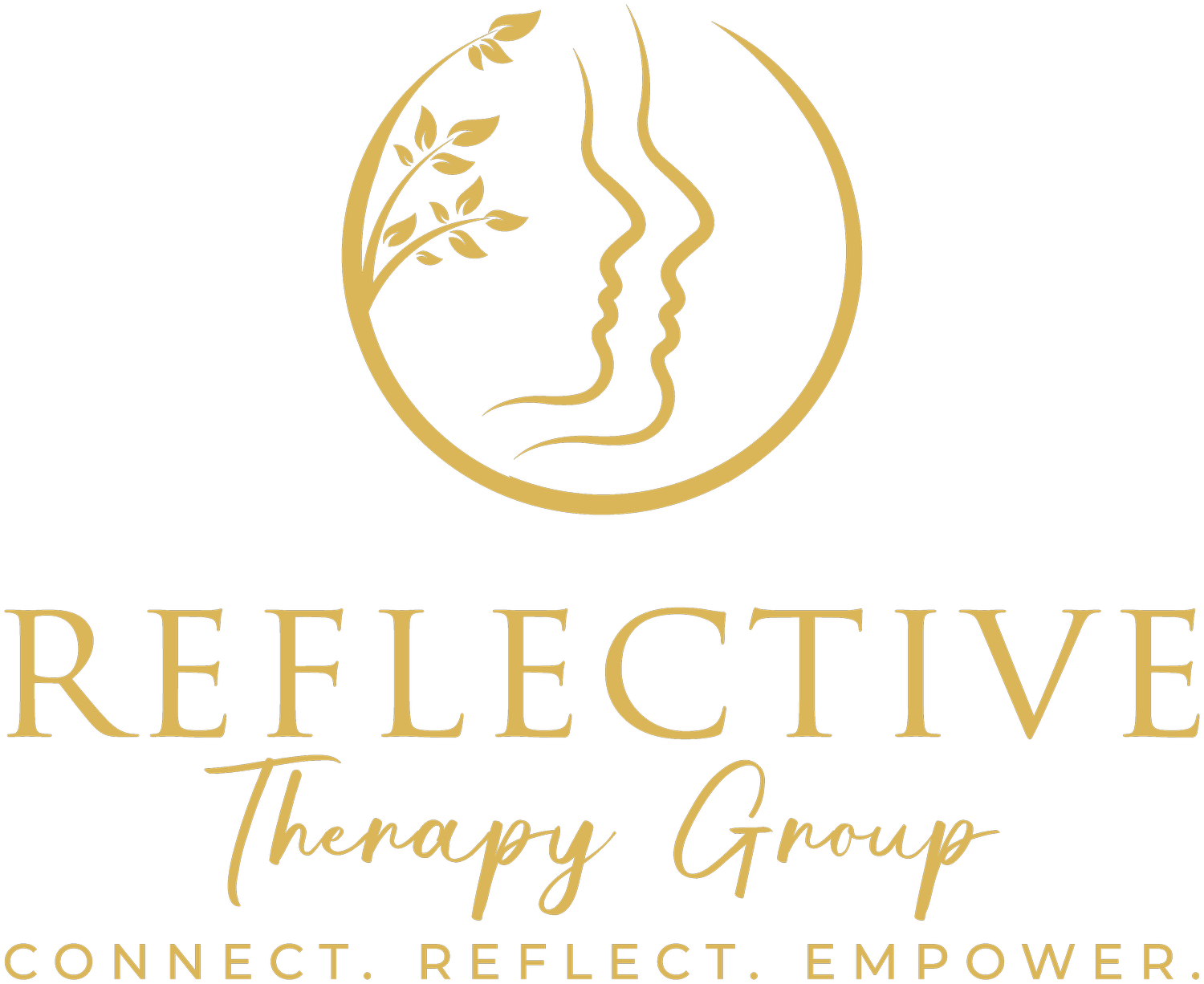Therapy for Survivors of Trauma / PTSD
At the Reflective Therapy Group (RTG), we recognize that traumatic experiences can have a profound impact on a person’s functioning and how they see the world. Our practice specializes in providing compassionate and expert care to survivors of trauma and those with Post-Traumatic Stress Disorder (PTSD). Our goal is to help our clients get to a place where they no longer feel haunted and tormented by traumatic experience(s).
Common Symptoms of Post Traumatic Stress Disorder (PTSD):
Intrusive Thoughts or Memories — One of the hallmark symptoms of trauma and PTSD is the re-experiencing of the traumatic event. This can take the form of intrusive and distressing thoughts, nightmares, or flashbacks – all ways in which an individual may relive the trauma as if it were happening again.
Avoidance — To cope with distressing memories and emotions, it is common to try to avoid reminders of the traumatic event. This could include avoiding specific places, people, conversations, or activities that trigger memories of the trauma.
Emotional Distress — Trauma can lead to intense and overwhelming emotions. Individuals often experience heightened anxiety, fear, guilt, shame, anger, irritability, or a sense of numbness and detachment from others and themselves.
Hyperarousal — It is common for survivors of trauma to be in a constant state of alertness, known as hyperarousal. This may manifest as being easily startled, having difficulty concentrating or sleeping, or being irritable and prone to angry outbursts.
Negative Changes in Thoughts and Mood — Trauma can drastically impact an individual's thought patterns and self-perception. Individuals often come to develop negative beliefs about themselves, others, and the world as a result of the trauma(s). Feelings of hopelessness, self-blame, or a diminished interest in previously enjoyable activities are also common.
Memory and Concentration Problems — PTSD can lead to difficulties with memory, concentration, and the ability to focus on daily tasks.
Physical Symptoms — Trauma-related stress can manifest physically, leading to headaches, gastrointestinal problems, chronic pain, or other unexplained physical symptoms.
Changes in Relationships — PTSD can strain relationships with family, friends, and colleagues. It is common to become more withdrawn, distant, or emotionally reactive – which can impact the ability to connect with others.
Hypervigilance — Individuals with PTSD may be constantly on guard, anticipating potential threats or danger in their surroundings.
Trauma responses are natural reactions to abnormal and distressing events. However, if these symptoms persist and significantly interfere with an individual's daily life, it may indicate the presence of PTSD or another trauma-related disorder. Seeking professional help from a qualified mental health professional experienced in trauma treatment can provide valuable support and guidance in addressing these symptoms and promoting healing and recovery.
Focus of Trauma/PTSD Treatment:
Safety and Stabilization – The first priority in trauma treatment is to establish a sense of safety and stability. We work on creating a safe therapeutic environment where individuals can feel supported and secure. It may also involve teaching coping skills to manage overwhelming emotions and regulate their reactions.
Trauma Processing – Sometimes individuals need to talk through their trauma in order to heal. However, this is not true for all survivors. We will help you determine if doing so is an important part of your treatment. Sometimes addressing and processing the traumatic memories and experiences is a crucial part of trauma treatment as it helps individuals make sense of fragmented memories and emotions related to the traumatic event.
Emotion Regulation – Trauma often leads to heightened emotional responses and difficulties in managing intense emotions. Trauma treatment focuses on helping individuals develop healthy coping mechanisms and emotional regulation skills to respond to stressors more effectively.
Exploring Internalized Beliefs – Trauma can shape an individual's beliefs about themselves, others, and the world. We focus on helping individuals understand how trauma has impacted their beliefs and lens through which they see the world. We also focus on identifying ways in which beliefs help or hinder each person’s functioning.
Building Resilience – Resilience refers to the ability to bounce back from adversity and cope with challenges effectively. Trauma treatment aims to strengthen an individual's resilience by helping them develop a sense of empowerment, self-esteem, and coping strategies.
Addressing Attachment Issues – Traumatic experiences can profoundly impact an individual's attachment patterns and relationships with others. Attachment-based trauma treatment focuses on healing attachment wounds and fostering secure and healthy connections.
Post-Traumatic Growth – While trauma is undeniably painful, it can also be an opportunity for growth and transformation. Trauma treatment acknowledges the potential for post-traumatic growth, helping individuals find meaning and purpose in their lives after experiencing trauma.
Integrating Trauma into the Narrative — Trauma treatment involves integrating the trauma into the individual's life story without it overwhelming their sense of identity. This process helps individuals find a sense of coherence and understanding of how the trauma has affected them.
The focus of trauma treatment is always tailored to the individual's unique experiences, needs, and goals. Therapists work collaboratively with their clients, providing a compassionate and nonjudgmental space to support their healing journey. Successful trauma treatment can lead to a reduction in symptoms, an improved quality of life, and an enhanced ability to cope with future challenges.

